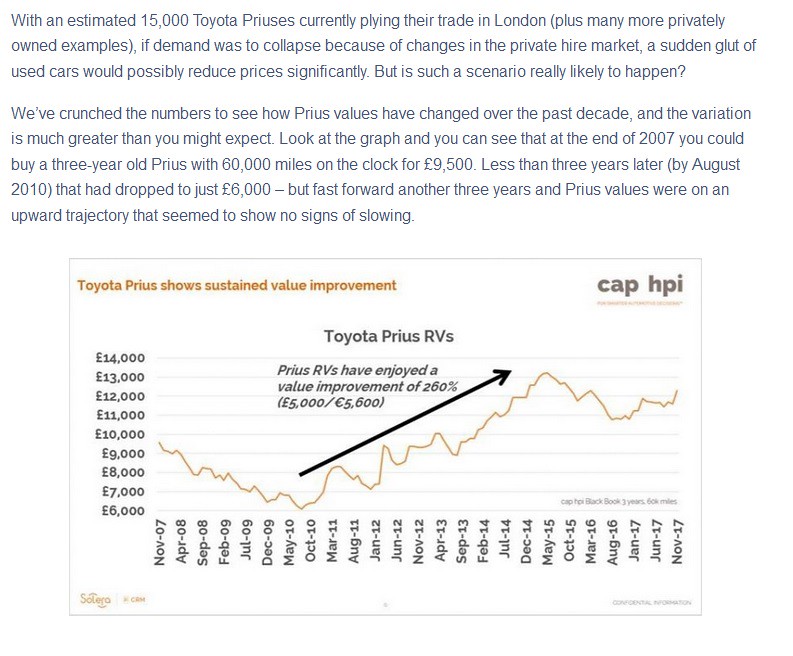- Joined
- 20 Oct 2002
- Posts
- 34,451
- Location
- Oxfordshire / Bucks
It's not theoretical the ct200h does 55mpg in the real world.
The prius theoretical is like 83mpg and its based on the same car. And prius owners report getting 65mpg and higher.
Please do your research before making false claims.
Question,
If the Prius is making 65 MPG, surely the Lexus CT and the Auris Hybrids are lighter, they would get higher MPG?



